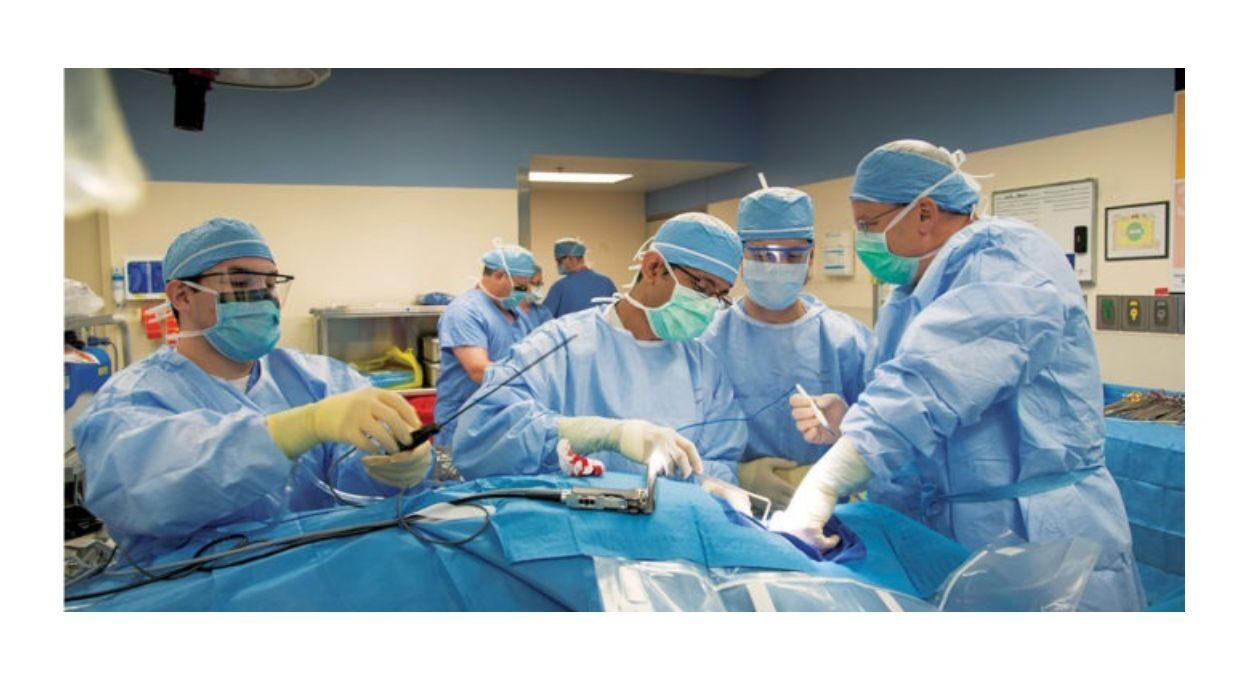Harvard Medical School investigators have discovered that U.S. surgeons have a cancer mortality rate more than two times that of nonsurgeon physicians and around 20% higher than most non-physician workers. While still maintaining overall lower than non-physician death rates, the unexpectedly high cancer rates might shed light on work-related risks.
Table of Contents
The Harvard Study (JAMA Surgery)
✅ Surgeons have a cancer mortality rate:
- 2X higher than non-surgeon physicians (193.2 vs. 87.5 deaths per 100k)
- 20% higher than most non-physician workers (193.2 vs. 162.0 per 100k)
✅ Other Surgeon Mortality Trends:
- Lower overall death rates than non-physicians (355.3 vs. 632.5 per 100k)
- Higher car accident deaths (13.4 per 100k) than other doctors (3.4 per 100k)
- Lowest risk of diabetes, liver disease, and respiratory deaths
✅ Possible Causes of Excess Cancer Deaths:
- Operating room radiation exposure (X-rays, fluoroscopy)
- Surgical smoke inhalation (toxic byproducts of electrocautery)
- Chronic stress and sleep deprivation (weakened immune response)
- Chemical exposures (formaldehyde, anesthesia gases)
Why Are Surgeons Dying More from Cancer?
4 Likely Culprits in the Operating Room
- Radiation Exposure
- Frequent use of X-rays and fluoroscopy (linked to brain/thyroid cancers)
- Many surgeons skip proper shielding during long procedures
- Toxic Surgical Smoke
- Electrocautery tools release carcinogenic particles (similar to cigarette smoke)
- Most hospitals lack proper smoke evacuation systems
- Chemical Hazards
- Formaldehyde (tissue preservation)
- Anesthesia gas leaks
- Chronic Stress & Sleep Deprivation
- 80-hour work weeks weaken immune surveillance against cancer
FAQs About Surgeon Cancer Risk
1. Why do surgeons have higher cancer rates than other doctors?
The study suggests workplace hazards—like radiation, surgical smoke, and chemical exposures—may contribute. Non-surgeon doctors avoid these risks.
2. What types of cancer are most common in surgeons?
While the study didn’t specify, prior research links OR exposure to:
- Brain cancer (radiation)
- Lung cancer (surgical smoke)
- Thyroid cancer (radiation)
3. How can surgeons reduce their cancer risk?
- Use smoke evacuation systems
- Wear lead shielding during X-rays
- Follow OSHA safety protocols
- Get regular cancer screenings
4. Do surgeons still live longer than the general population?
Yes. Despite higher cancer rates, surgeons have lower overall mortality than non-physicians.
5. Are female surgeons also at higher risk?
The study didn’t break down by gender, but radiation and chemical risks affect all surgeons.
Data Comparison: Surgeon vs. Non-Surgeon Mortality
| Cause of Death | Surgeons (per 100k) | Non-Surgeon MDs (per 100k) | General Workers (per 100k) |
|---|---|---|---|
| All Causes | 355.3 | 228.4 | 632.5 |
| Cancer | 193.2 | 87.5 | 162.0 |
| Car Accidents | 13.4 | 3.4 | 16.6 |
| Diabetes | 1.6 | 6.9 | 23.8 |



